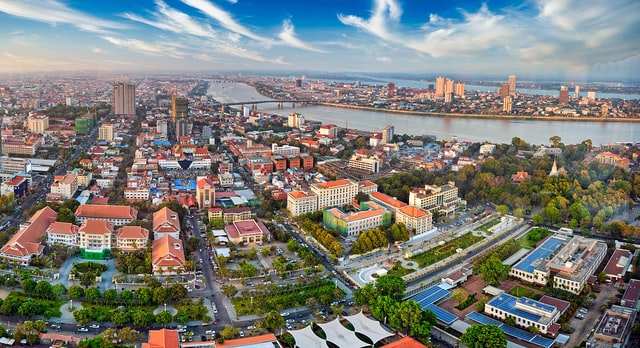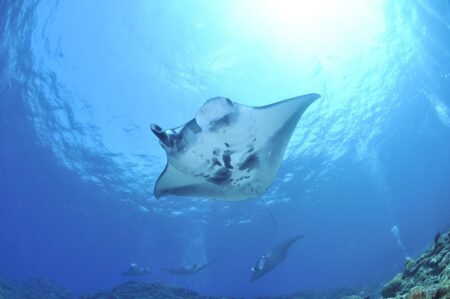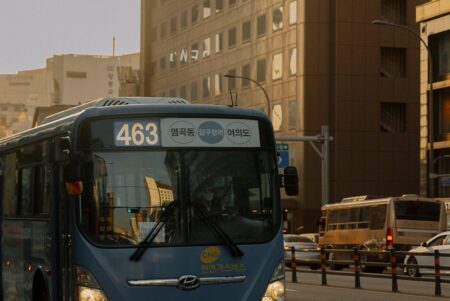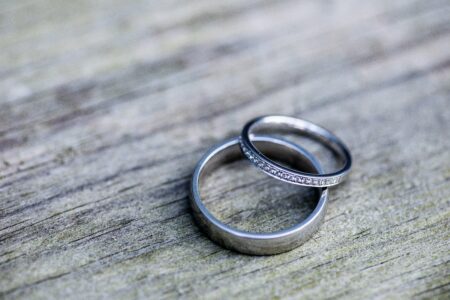Is Cambodia a free country? The answer to that question may surprise you. It has been a long time since the country’s political system was completely free of corruption, but that is not the case anymore.
The government resorted to political censorship and a number of human rights violations to keep the population in check. Although the ruling party, Hun Sen, is a popular choice among many, the Cambodian people are still very much governed by a strong tyrant.
The current prime minister Hun Sen has been in office since 1998 when the Cambodian People’s Party overthrew the elected Prime Minister Prince Norodom Ranariddh.
Nevertheless, despite the government’s repressive policies, land confiscation, forced child labor, and discrimination against women continue to be widespread in Cambodia. Meanwhile, the nation’s national symbol – the Angkor Wat temple – is the oldest surviving monument of the Khmer Empire.

It is a symbol of the nation and has survived since the 9th century. The Cambodian political system consists of a parliament and two houses of parliament. The lower house of parliament, the National Assembly, has 125 members, who are elected by popular vote.
The last elections for the National Assembly took place on July 13, 2013. The voting age is 18 years old. The country’s president, the Prime Minister, and the two Vice Presidents are ruled by the National Assembly. In July 2013, the government reestablished democracy, and the National Democratic Council was established.
While the country’s political freedom has deteriorated over time, the economic situation remains unfavorable. While the country’s economy has been growing at an alarming rate, it remains a “mostly” free country.
Sustained economic growth will require deep and broad reforms in the judiciary and government, as well as improvements in property rights. However, these changes are necessary for Cambodia to move toward a more free society.
The U.S. government has provided military assistance to the Cambodian government since its election in 2005. Both parties are in power, but many residents feel that it’s not free. The Cambodian People’s Party has seized land and used it for its own gain.
The country’s democracy has also remained intact. The government’s position has been under scrutiny for the past few months. The U.S. and the EU have both denied the results of the elections, citing widespread fraud and abuse.
The country is a constitutional monarchy, but its economy is still mostly unfree, according to the Freedom of Associations and NGO’s report. The judicial system and government are both heavily corrupt, and it is impossible for activists to speak out without fear of reprisal.
In 2008, the government banned the main opposition CNRP, and other key party members have fled the country. The government has also branded Mother Nature Cambodia and Khmer Thavrak as illegal organizations.
The lower house of the Cambodian parliament is known as the National Assembly. It is composed of sixty-one members, including two members who are appointed by the King and fifty-five others who are elected by the people.
This body is led by the government and is a de facto one-party state. There are a number of constitutional rights in the country, but it is very important to have your voice heard in this government. The country is a democratically-elected democracy and is home to several major parties.
The main party, the Cambodian People’s Party, is the largest party in the country, with nearly half of all 123 seats. The other party, the CNRP, is a banned political organization. Its members have been charged with crimes and have fled the country.
In the July 2018 lower house elections, several small parties were allowed to participate. None of them won seats. The country’s political system is still not entirely free. Its economy is governed by a dictatorship. The King has the final say, but he can’t impose his will on the people.
There are many people who live in poverty in Cambodia. But, despite the problems, the government’s economic system is freer than the other countries. Unlike many other countries, the government allows citizens to hold political office.



